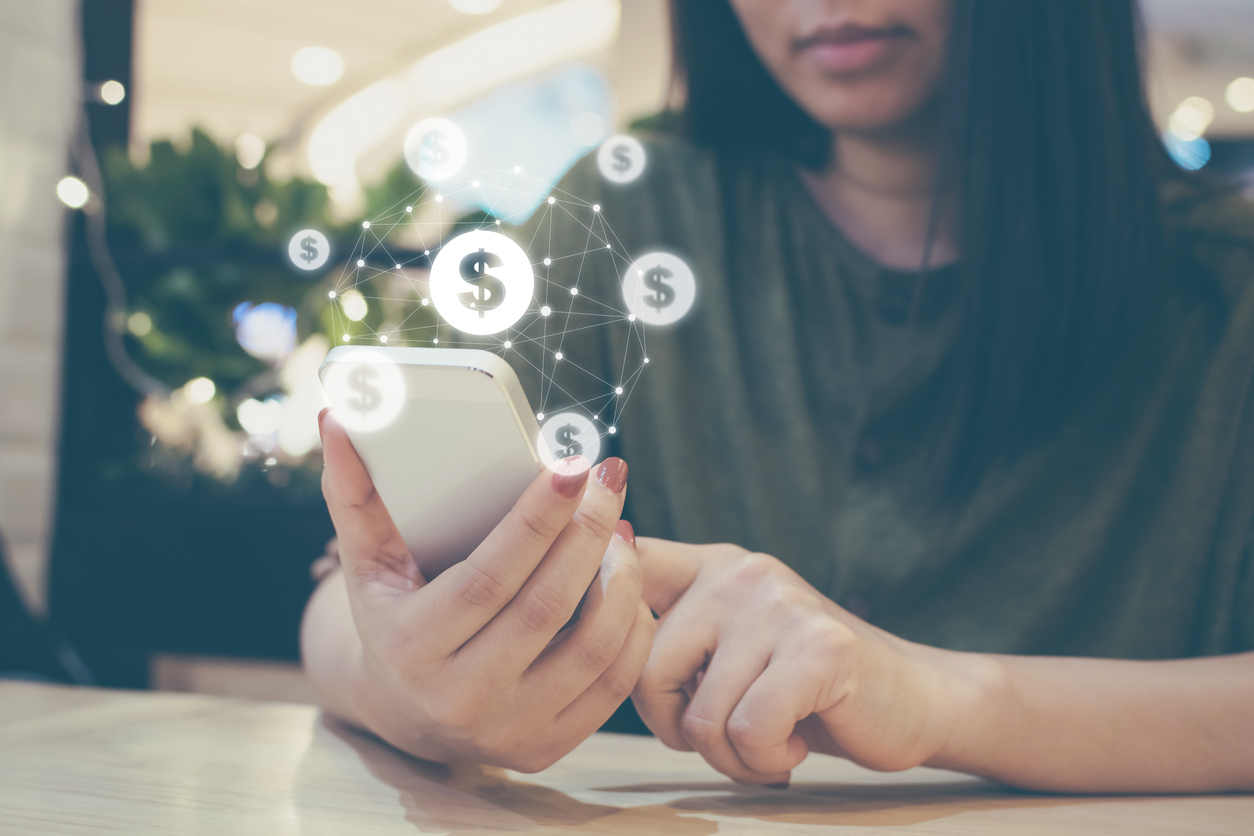How to get a Finnish IP address
The easiest way to improve your digital privacy is to switch your IP address using a VPN. We’ll …

Is Venmo safe? What about Apple Pay?
There are millions of people out there who use mobile pay apps such as Apple Pay and Venmo. You probably use them too. But are these apps safe? Or are we exposing our sensitive transaction data in the name of convenience?
Consumer Reports performed an investigation. The magazine tested the most popular mobile pay services on the market, looking at things like security and data privacy. It gave the apps a score out of 100.
Which app came out on top?
Apple Pay crushed the competition with a score of 76/100. Consumer Reports said that Apple Pay scored so well, in part, because of its data privacy policies. Apple appears to collect less information about you when you’re using its service, and the tech giant is adamant that it’s not selling that data to others.
Here’s how the apps rated:
The company claimed that every app they checked is, indeed, safe to use (despite Zelle earning a lowly score of 50). This was Consumer Report’s first test like this and it enlisted the help of data privacy firm Disconnect. The San Francisco-based company analyzed the apps’ code for vulnerabilities, checked connections, and generally looked for anything that seemed off.
In all cases, Disconnect did not find anything to suggest that your financial transaction data is any more at risk using these apps compared to other methods of online payment. However, they did determine that many of these apps do not do a great job when it comes to data privacy.
It remains imperative, therefore, that consumers take steps to protect themselves. After all, there’s a lot of sensitive information you need to protect when using these apps. This is especially true with Venmo, which has a social element to it.
Here are some tips that can help you stay safe if you choose to use these services:
With the exception of Apply Pay, most services out there require that users take extra steps to ensure the highest level of security. You only have to take a few seconds to set up things like 2-factor authentication and a PIN. These greatly increase your security.
Most of these transactions are instant, and once the cash is sent, you cannot reverse it. Scammers know this and they will try to trick people into sending them money. Don’t fall for it.
Make sure that the details of your recipient are correct. Before sending the money, confirm the phone number, username, email, or other identifying characteristics.
If offered, take the opportunity to get a code to confirm the person you are sending the money to is the person you think it is. Venmo is one app that offers this.
You should also make sure that your app is up to date. Hackers know how to exploit the vulnerabilities that these apps have. Updates help fix any known security issues. If you do not update your apps, you could be missing out on these protections.
The security of your payment accounts is in direct proportion to the security of your device’s hardware, software, and internet connection. Be sure to update your antivirus, device’s OS, and install Hotspot Shield for free to encrypt your WiFi connection. After all, when connected to free WiFi—like at a coffee shop—your connection is dangerously exposed to hackers. Everything you do on Venmo or other mobile pay apps, therefore, could be visible to cybercriminals. Hotspot Shield is a free app that will protect you at the touch of a button.
Finally, if you want to use these apps for business, you could be breaking the terms of service. Most of these don’t allow commercial transactions. Instead, choose an app like PayPal or Square Cash for Business.
